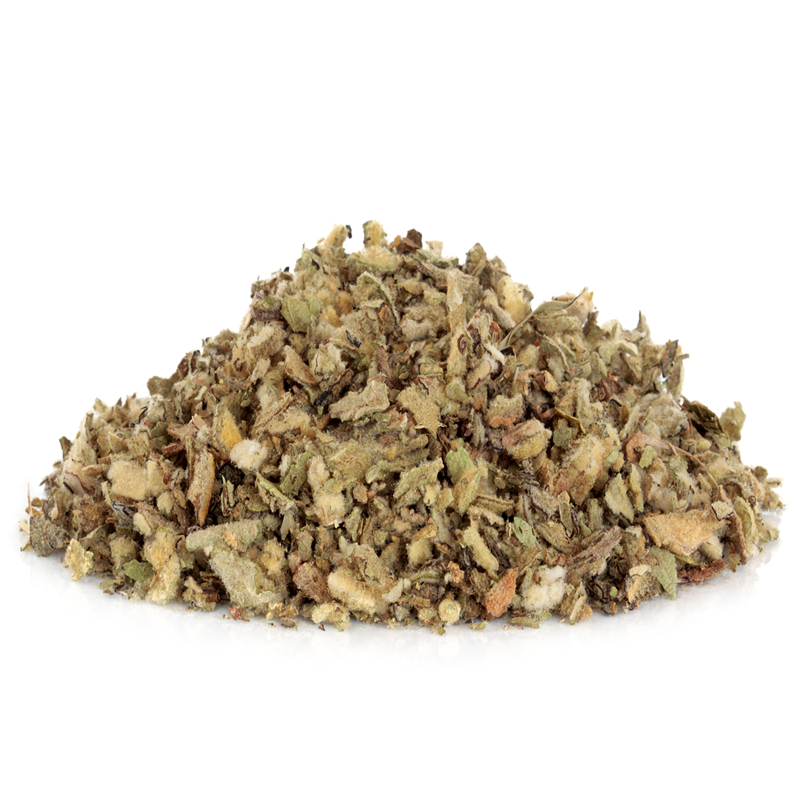Experience the Gentle Soothing Properties of Traditional European Mullein
Mullein, native throughout Europe and western Asia, is a gentle plant used in traditional European herbalism. Known for its soothing effect on the respiratory system, it's beneficial for coughs and bronchial issues. Mullein is used in herbal teas for its mild sedative properties and to soothe mucous membranes.
The plant's saponins, flavonoids, and other compounds contribute to its medicinal properties. Its leaves and flowers are used in various preparations, including infusions, extracts, and topical applications. Mullein is valued for its anti-inflammatory properties and is often included in natural remedies for respiratory and skin health.
More about Mullein
Mullein, from the Verbascum genus, is a well-regarded herb in traditional medicine, known for its mild, slightly earthy flavor. It contains a range of active ingredients including flavonoids, iroid glycosides, saponins, volatile oils, phenylentanoids, and polysaccharides, which contribute to its various medicinal properties.
Mullein is primarily known for its beneficial effects on respiratory issues. It has been traditionally used to treat conditions like bronchitis, asthma, and coughs due to its soothing and anti-inflammatory properties.
Its leaves and flowers are commonly used to prepare herbal teas, tinctures, and extracts. Native to Europe, Asia, and North America, Mullein has been a part of traditional healing practices for centuries. Its widespread use in herbal medicine highlights its enduring popularity and effectiveness.
Know Your Ingredient: Mullein
| Latin Name | Verbascum spp. |
| Active Ingredients | Flavonoids, Iroid Glycosides, Saponins, Volatile Oils, Phenylentanoids, Polysaccharides |
| Classification Secondary Metabolite | Flavonoids, Glycosides, Saponins |
| Flavor | Mild, slightly earthy |
| Common Use | Herbal medicine (respiratory issues, anti-inflammatory, soothing) |
| Origin | Europe, Asia, North America |


